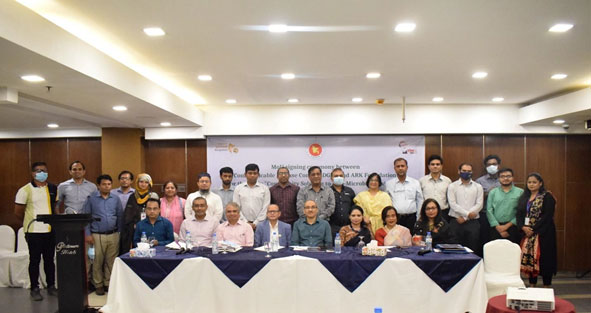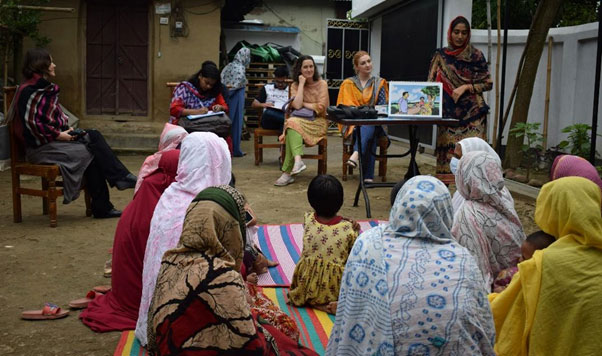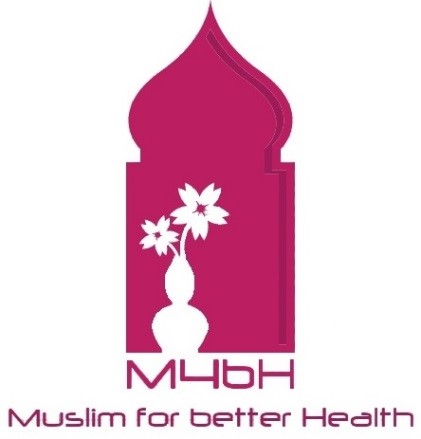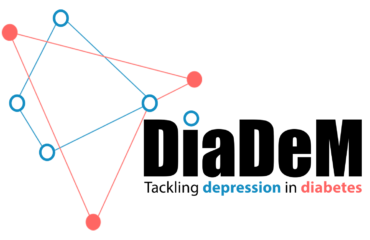Antimicrobial resistance (AMR) is a growing threat to global health, food sustainability, and socio-economic development. It is estimated that AMR infections cause approximately 700,000 human deaths each year globally and this figure is set to rise to 10 million by 2050 if no action is taken.
Multi-sectoral action that addresses human and animal health, agriculture, and the environment, through a One Health approach, is essential to address the profound implications of AMR.

MoU signing ceremony between ARK Foundation and Communicable Disease Control (CDC), DGHS, MoHFW
To address this issue, the COSTAR project is being implemented in both Bangladesh and Nepal. The aim of the project is to co-create, implement and robustly evaluate an innovative intervention that addresses the contextual drivers of AMR through a One Health approach to community engagement and education/awareness raising, and build an infrastructure for knowledge exchange, which ultimately impacts on national and global policy.
In Cumilla, we are implementing a cluster randomised controlled trial – the gold standard method of assessing the effectiveness of community-level interventions, (population = 6,212,216, 2022 census), using 25 intervention and 25 control communities (catchment area of community clinic), to generate strongly generalizable findings. All outcomes are going to be collected through household survey twelve months after CDA implementation begins to allow enough time for CDs to affect community member’s knowledge, attitude and practice. The CDA included multisectoral and multi layered training involving different stakeholders. Around 10 master trainers and 20 trainers from Ministry of Health and Family Welfare and Ministry of Fisheries and Livestock and around 300 volunteers and supervisors were trained rigorously who are the part of the community in where they are conducting the community dialogues twice a month. Male and female facilitators are conducting separate dialogues with their own community people to identify the existing health issues in the community, exploring the reason behind it and agreeing on locally available resource-based solutions.

COSTAR UK team observing Community Dialogue in Cumilla
Under the umbrella of COSTAR, Participatory video (PV) is being piloted for the first time in Bangladesh with both urban and rural communities to address the potential drivers of AMR. Within PV approach, a small group of people from each community is introduced to the issue of AMR and to international guidance on how to prevent it through a series of workshops. They are simultaneously trained in the principles of film production. The group then uses its knowledge about AMR to explore with their community, through a series of short films that they collectively produce, what they consider to be the barriers to following the international guidance, and what they and ultimately policy makers, can do to overcome these. A similar approach is applied in an urban setting for the above purpose.
Funding Agency: UKRI-GCRF collective fund
Sponsor: University of Leeds, UK
Partner Organizations: University of Leeds, Malaria Consortium, Chattogram Veterinary and Animal
Sciences University, University of Liverpool, University of Western Australia
Duration: January 2021 to March 2024




